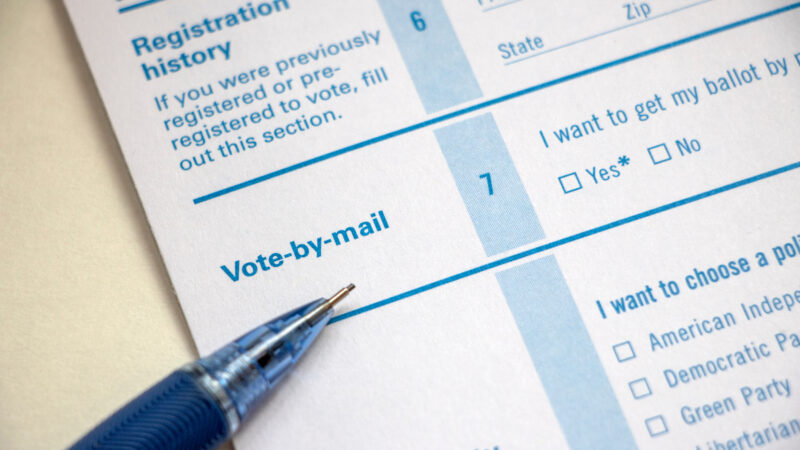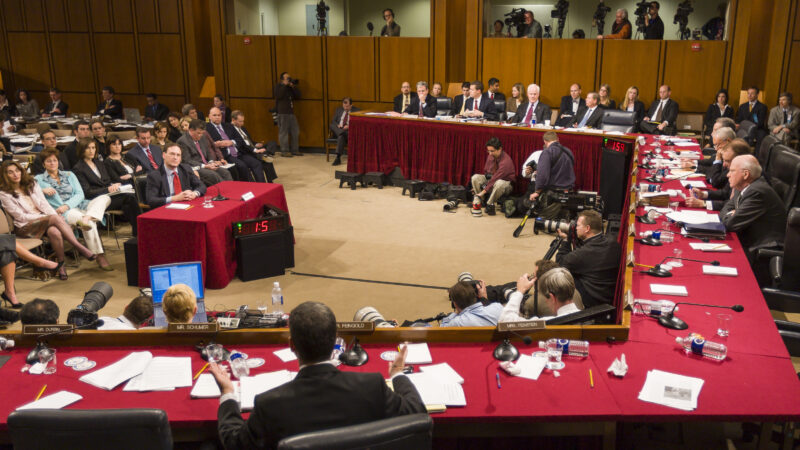Grant Tudor develops and advocates for a range of reforms to shore up our democratic institutions.
Avoiding Another McGahn: Options to Modernize Congress’s Subpoena Compliance Tools
- October 16, 2020
This op-ed was originally published in Lawfare.
On Aug. 31, the U.S. Court of Appeals for the D.C. Circuit ruled that the House of Representatives had asserted no valid cause of action in seeking judicial enforcement of a congressional subpoena issued to former White House counsel Don McGahn. The majority in a divided panel (2-1) acknowledged Congress’s constitutional authority to compel the production of information; and it suggested that the House could, under the right circumstances, seek judicial enforcement of its compulsory processes. But the court determined that it was precluded here from doing so in the absence of a statute expressly authorizing the House to file suit. The decision all but ensured that McGahn would not testify before the November election; and on Oct. 15, the full bench of the D.C. Circuit confirmed it. The en banc panel will again rehear the case at the House’s request, but in February of 2021—after this current session of Congress expires.
What, now, is at stake? According to media coverage, the Aug. 31 decision, if allowed to stand, will have “neutered” the House’s ability to enforce its subpoenas, posing an “existential threat to congressional oversight.” Speaker of the House Nancy Pelosi warned that the ruling “threatens to strike a grave blow to one of the most fundamental Constitutional roles of the Congress: to conduct oversight on behalf of the American people.” It is understandably troubling that a recalcitrant executive branch will be permitted to evade oversight, and that voters may be deprived of pivotal information about President Trump’s conduct in office, at least for now.
Read the full op-ed on Lawfare.
Related Content
Join Us.
Building a stronger, more resilient democracy is possible, but we can’t do it alone. Become part of the fight today.
Donate
Sign Up for Updates Sign Up for Updates
Explore Careers Explore Careers
How to Protect Democracy How to Protect Democracy


